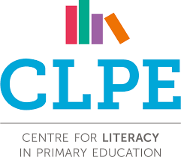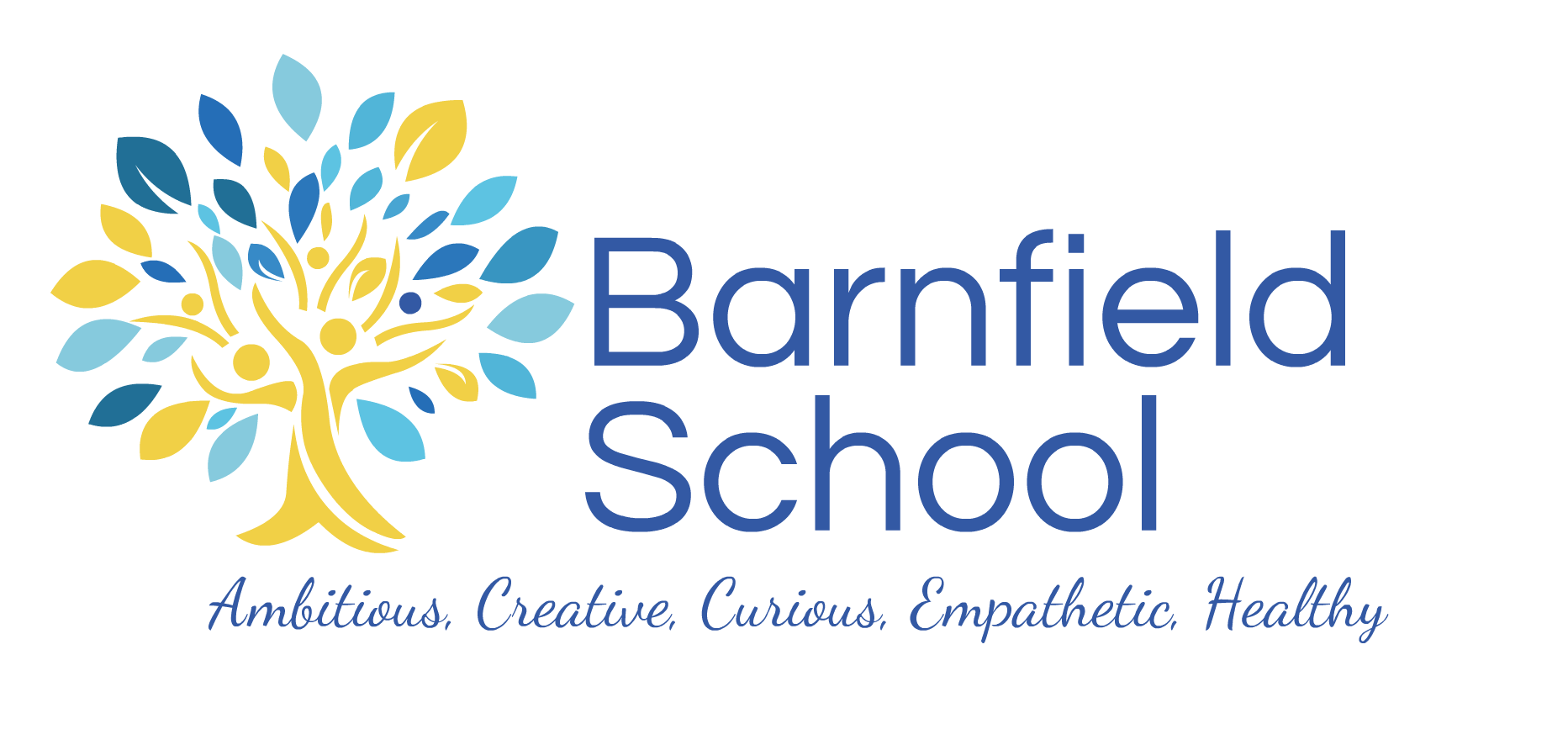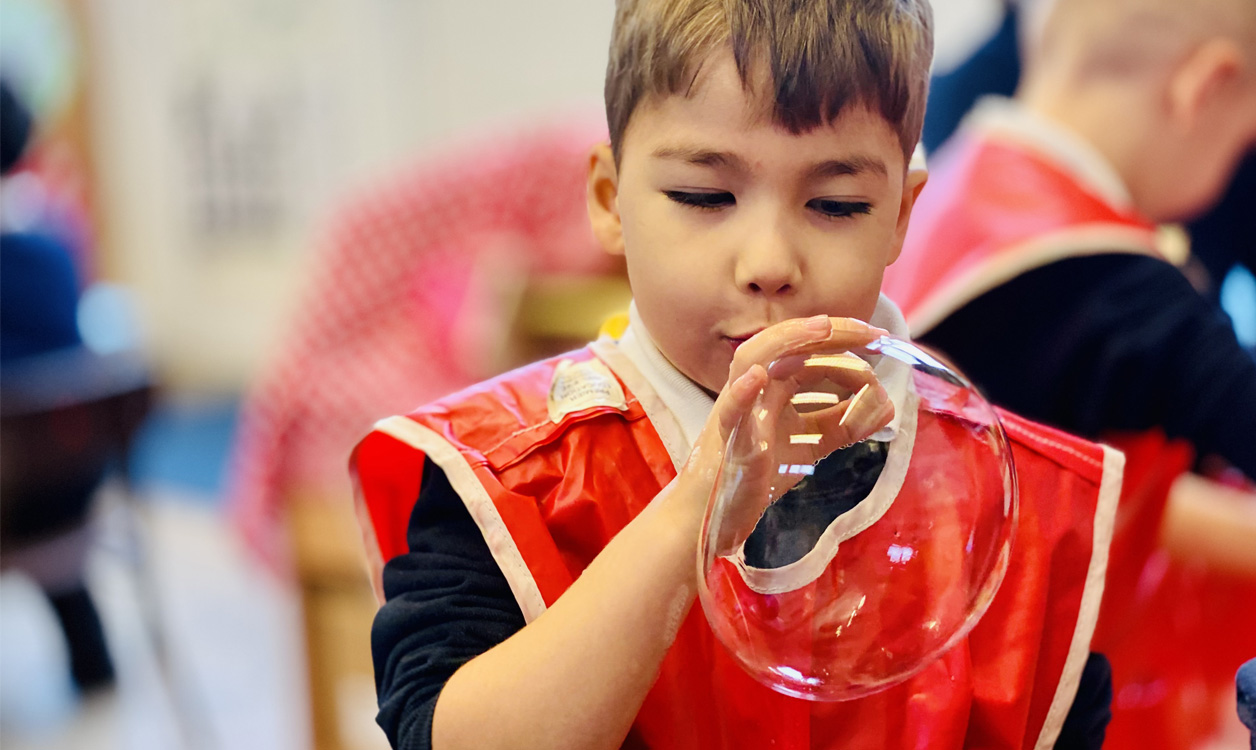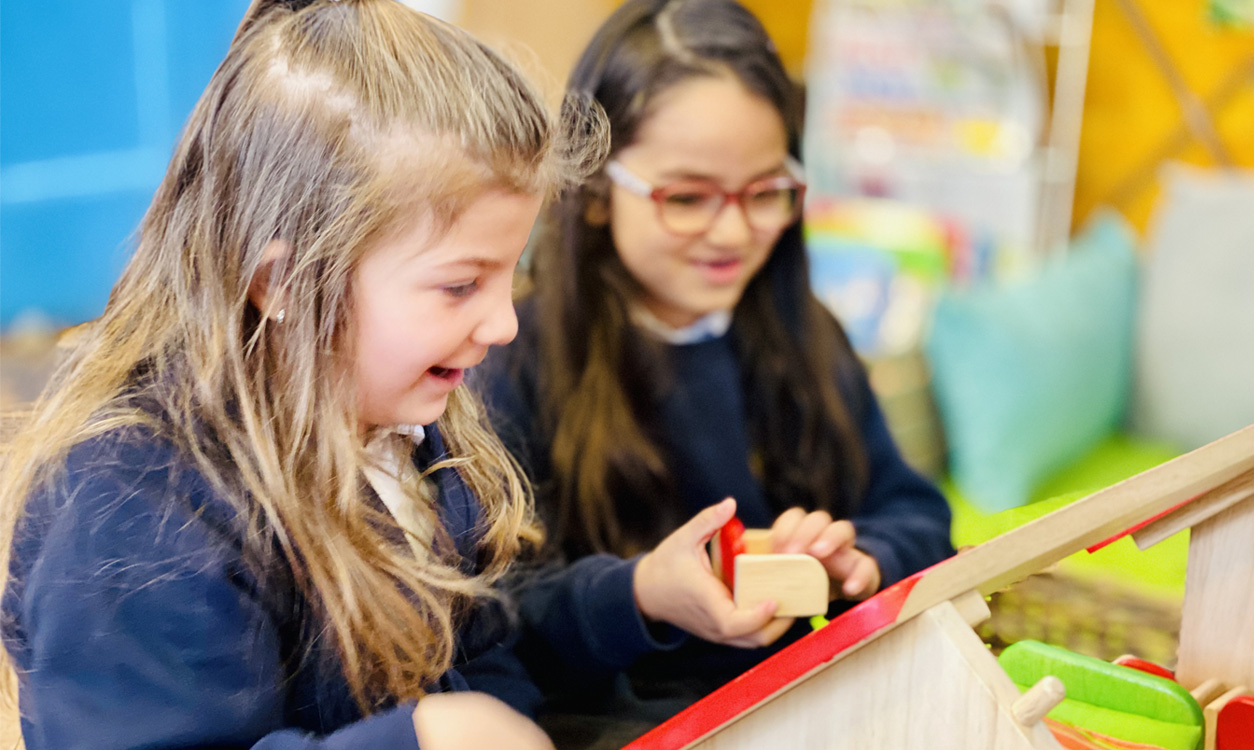Reading is a skill that most of us take for granted, yet is one that is essential for being able to get on in life. As a child grows up, being able to read well not only enables them to discover new facts and to learn at school, but also opens them up to a world of new ideas, stories and opportunities. As research shows children who read for pleasure will achieve more than those that don’t in later life. All our staff are committed to ensuring that all children become independent and fluent readers during their time at our school. We want our children to enjoy books as much as we do!
At Barnfield we are passionate about books and this love of reading is shared with all pupils. Our library and our annual investment in new and exciting books demonstrates our commitment to reading and developing a culture of reading for pleasure.
Our love of reading begins from the very first day a child begins at our school; our structured approach to reading is carefully designed to ensure the best results for our children. As the children move through the infants, phonics remains a high priority and is taught daily. Regular guided reading sessions focus on higher order reading skills and the development of vocabulary. Children work through our fully decodable reading scheme and read frequently with an adult in school. As their reading progresses, we work on developing a pupil’s vocabulary and comprehension skills through structured through whole class guided reading sessions. Activities are carefully planned to ensure that reading stamina also develops as children progress through the school.

Power of Reading
Our English Curriculum centralises around high-quality texts using CLPE’s Power of Reading.
Power of Reading is a designed to help develop children’s literacy skills through the exploration of engaging high-quality books. Each text has been specifically chosen to help broaden our pupil’s understanding about local, national and global themes. Through the use of drama, speaking and listening, modelling, drafting and editing, pupils develop their English based skills helping them to become confident readers and writers.
Reading at Home – What is Bug Club?
Children are expected to read every day at home. We use Bug Club to help develop our fluency and comprehension skills.
Bug Club is a finely levelled, phonically based online reading scheme with interactive activities. Each child has a personalised homepage where they’ll find the e-Books they’ve been allocated by the teacher and motivating rewards. This ensures that each child can find a book at exactly the right level for them. The online reading world ensures children can access independent reading resources anywhere at any time. New books will be allocated regularly.

How Do I Log On?
The website address is www.bugclub.co.uk
Your child’s class teacher will allocate a username and password. If you lose it please ask for a reminder. To help you use Bug Club please view the powerpoint presentation link below:
What Is The Best Way To Use Bugclub?
- Find quality time to spend with your child as the electronic books are intended to be shared with an adult.
- Talk to your child about the book they have chosen. Challenge your child to be a book detective: look at the book cover and see if they can guess what the book will be about or what type of book it is
- Initially they may want to listen to the book and can do this by pressing on the speaker icon
- Now get your child to read the book (as you would do with a hard copy book) getting them to use their different strategies like phonics, tricky words, and the context of the sentence.
- Re-read the book if necessary. Your child should be able to read it independently before they move onto the next book.
- Take time over each book to get the most learning from it.
- Two books a week is plenty if they are done thoroughly and the hard copy has also gone home.
What Can I Do To Help Reading Comprehension?
- Understanding the book is vital
- As you read together, talk about what is happening in the book, what might happen next, and anything that has puzzled them. Get your child to re-tell the main parts of the story, using the pictures as a prompt if they need it. When your child finishes a book, ask them whether they liked it or not and encourage them to explain why
- Now would be a good time to do the activities linked to the book.
- Click on the bug icon. If they get it wrong, talk about the activity and have another go. Try to discourage guessing.
Getting More Electronic Books
It is important that your child can read the books fluently and understand the information before they move on. If they race through they will not be ready for books from the next colour band and will struggle. This will really affect motivation.
If you don’t have access to a c device to support Bug Club reading, please let the school office know.
How Does The Teacher Know How My Child is Getting On?
The teacher is able to log on and see what books your child has accessed and how many attempts it has taken to get the answers of the activities correct.
If you are sure your child can read the books fluently write a note in your child’s reading diary and the teacher will select one of the books and get your child to read it to do a quick assessment as the next colour will be harder.
Once Children are confident readers, they are able to choose their own books to read at school. To support the development of their vocabulary and comprehension skills, pupils are required to read their Bug Club Year group texts alongside their own reading books.







